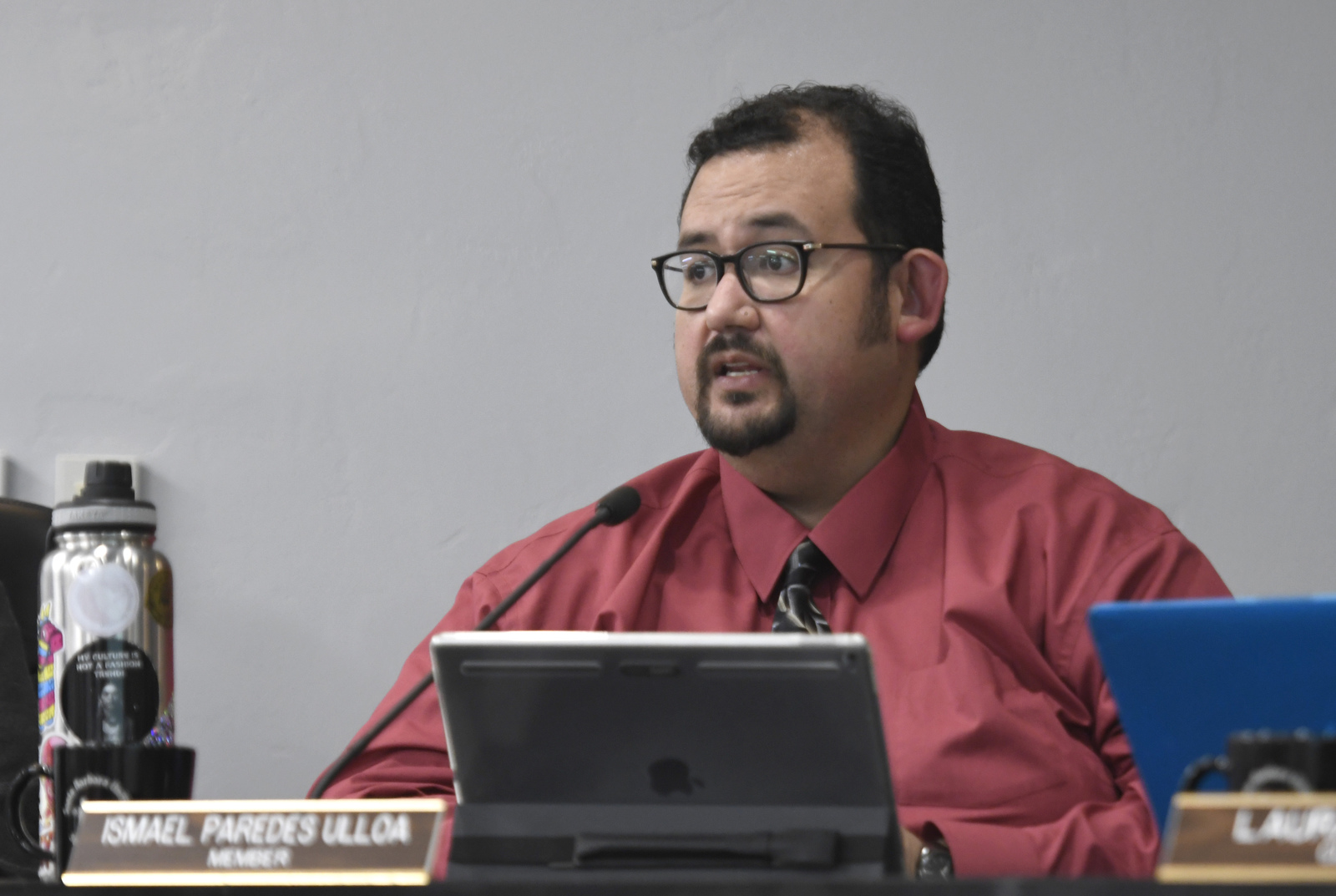Board of Education to Vote on Ethnic Studies
Vote to Incorporate High School Graduation Requirement Set for November 13

Members of the Ethnic Studies Now! Coalition and its allies packed the Santa Barbara Unified School District’s board meeting this past Tuesday, waiting for hours for the public comment period to become available. Since its inception in December 2015, the coalition includes students, parents, educators, and other grassroots activists that have persistently rallied behind providing high school students an education reflecting their multicultural backgrounds and experiences. This time, the discussion to incorporate ethnic studies coursework as a district-wide high school graduation requirement has led to the unanimous consensus among board members to bring the initiative to a vote during its next board meeting on November 13.
According to board president Dr. Jacqueline Reid, ethnic studies courses “reduce alienation … and thus create a more inclusive culture.” The concept is not new, but it reflects a cultural dialogue that is growing in influence statewide and nationally. In Santa Barbara, its recognition has required years of local organizing, mainly by educators and student activists, to build the infrastructure necessary for it to become an action item on the school board’s agenda. Incorporating ethnic studies coursework in Santa Barbara high schools “is one of many steps that the school district needs to take so that we can have a socially just, equitable, and culturally proficient community,” said Assistant Superintendent Shawn Carey.
Despite wide support for the initiative, some advocates fear that inadequate funding and implementation could present a threat to its success and sustainability. “Impact matters much more than intent,” said activist Chelsea Lancaster, adding that the implementation of an ethnic studies program “needs to be led by the radical activists that started it.”
There has been hesitation at the state level, as Governor Brown vetoed Assembly Bill 2772, which would have required high schools statewide to incorporate ethnic studies requirements, starting in 2023. “I am reluctant to encourage yet another graduation requirement,” Brown wrote, “especially when students are already overburdened by multiple tests and endless hours of homework.” For Boardmember Ismael Paredes Ulloa, however, an ethnic studies education should be integral to a high school education. “I hope that one day we don’t even have to call it ethnic studies,” he said. “That instead, we call it history — because it actually includes everybody in the room and their contributions.”



